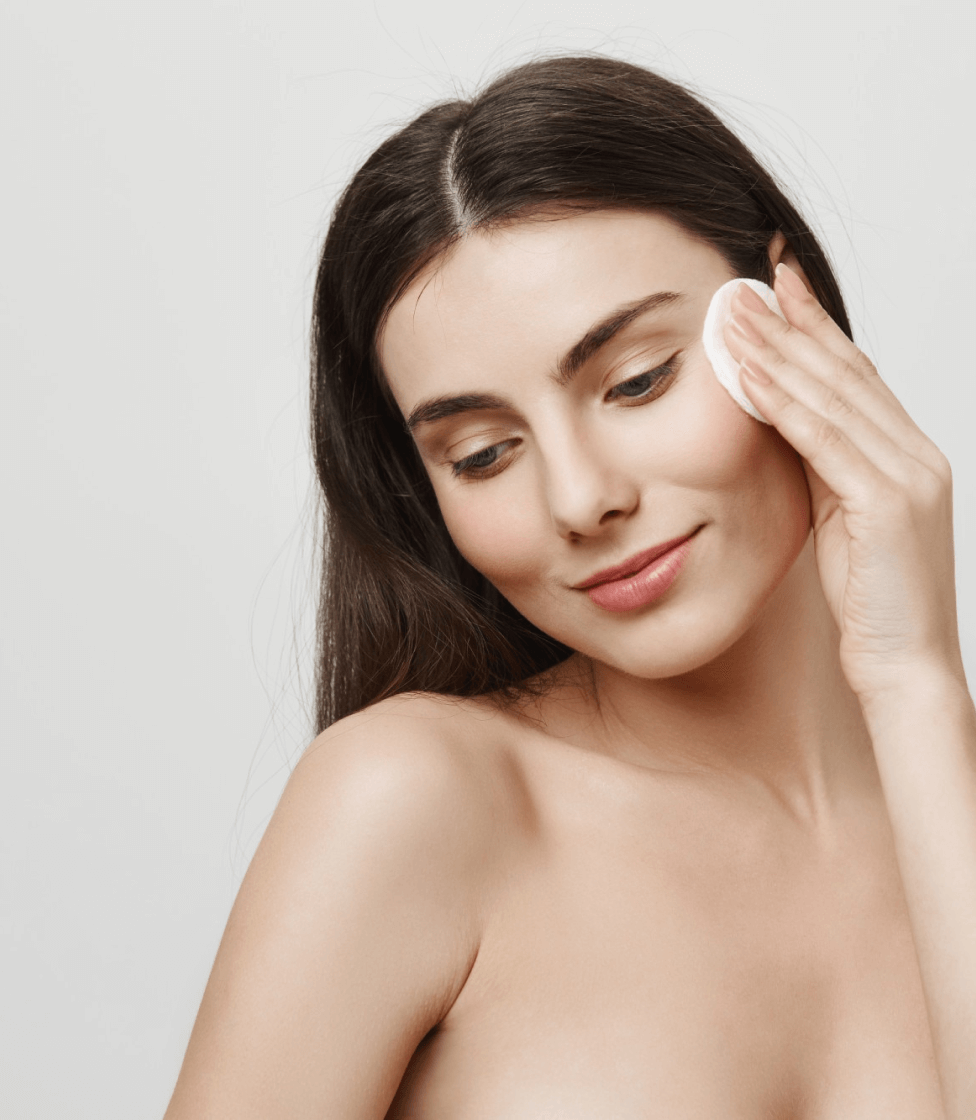Requirements
Responsible person and product listing
MoCRA sets out the requirement for a Responsible Person (RP), which has to be designated for each cosmetic product placed on the US market. The RP is defined as the manufacturer, packer, or distributor of a cosmetic product whose name appears on the product label.
Cosmetic products placed on the market in the USA have to be listed to the FDA. This has to be done by the responsible person via electronic submission portal Cosmetics Direct. Existing products have to be listed by December 29, 2023. New products must be listed within 120 days of marketing such products in interstate commerce. Product listings have to be updated annually.
Facility registration and US agent
Cosmetic facilities that are involved in the manufacturing or processing of cosmetic products distributed in the US have to be registered to the FDA. This has to be done via electronic submission portal Cosmetics Direct. To facilitate the registration process, the owner or operator of a facility will need to obtain an FEI number before submitting the facility registration.
Foreign facilities require a US agent, who will handle the facility registration and provide a contact point for the FDA in case of any enquiries. Existing facilities have to be registered by December 29, 2023. New facilities have to register within 60 days of first manufacturing or processing. Registrations have to be renewed every two years.
Safety substantiation
Cosmetic companies are responsible for selling safe and properly labelled products. Products must be safe when consumers use them according to directions on the labelling, or in the customary or expected way. It is the responsibility of the RP to ensure and maintain records of safety substantiation of their cosmetic products.
Under MoCRA, products require an adequate substantiated of safety, which is further defined as “tests, studies, research, analyses, or other evidence or information that is considered, among experts qualified by scientific training and experience to evaluate the safety of cosmetic products and their ingredients, sufficient to support a reasonable certainty that a product is safe.” (MoCRA, Sec. 608(c)(1)). However, the legislation does not provide a specific set of tests or documents to demonstrate the safety of individual products or ingredients. It is up to the cosmetic's manufacturers to determine how they will prove the safety of their products.
Cosmetic products must also comply with the ingredient restrictions, prohibitions, and colour additive requirements.Colour additives, except for coal tar hair dyes, require FDA approval before they can be used in cosmetics. Failure to meet US colour additive requirements can result in a cosmetic to be adulterated. Colour additives may be used only for the intended uses for which they were approved for.
Under MoCRA, the FDA has to publish a proposed rule for testing methods for detecting and identifying asbestos in talc-containing products by December 29, 2023, and the final rule no later than 180 days after the close of the public comment period. Furthermore, they have to publish a report on the use and safety of PFAS in cosmetics by December 29, 2025.
GMPs
Under MoCRA, all cosmetic products placed on the US market must comply with Good Manufacturing Practices (GMP), which must be published by the FDA by December 29, 2025.
Labelling
Labelling, including cosmetic product claims, is a very important part of ensuring compliance with the relevant legislation. Products that are improperly labelled, deceptively packaged or otherwise misbranded are prohibited and can be removed from the market.
MoCRA sets out some new labelling requirements, which include:
US address, US phone number or electronic contact information, which is required as a means to contact the Responsible Person in case of any adverse events.
Fragrance allergens, if present in the cosmetic product (the FDA has to propose a rule on allergen labelling by June 2024 and finalize the rule no later than 180 days after the close of the public comment period)
Additionally, it requires professional-use products to comply with the general labelling requirements for cosmetic products and to include a statement indicating that the product should be used only by professionals.
FDA authority over cosmetics
MOCRA expands the FDA authority over cosmetics. In case of adulterated or misbranded products, or risk of serious adverse health consequences, the FDA can:
Inspect the product safety dossier;
Inspect facilities to check compliance with GMP;
Request cosmetic companies to provide ingredients details of the formulation, fragrances, or flavors;
Require cosmetic companies to recall the product voluntarily. If the manufacturer does not comply, the FDA can impose a mandatory withdrawal;
Suspend the facility registration.
It is the responsibility of the RP to record and report adverse events, maintain product safety dossier and communicate with the FDA in case of inspections or any enquiries about the products.
For more information about new requirements under MoCRA, please check our FAQ.




